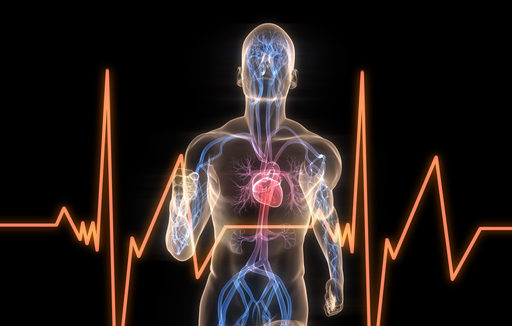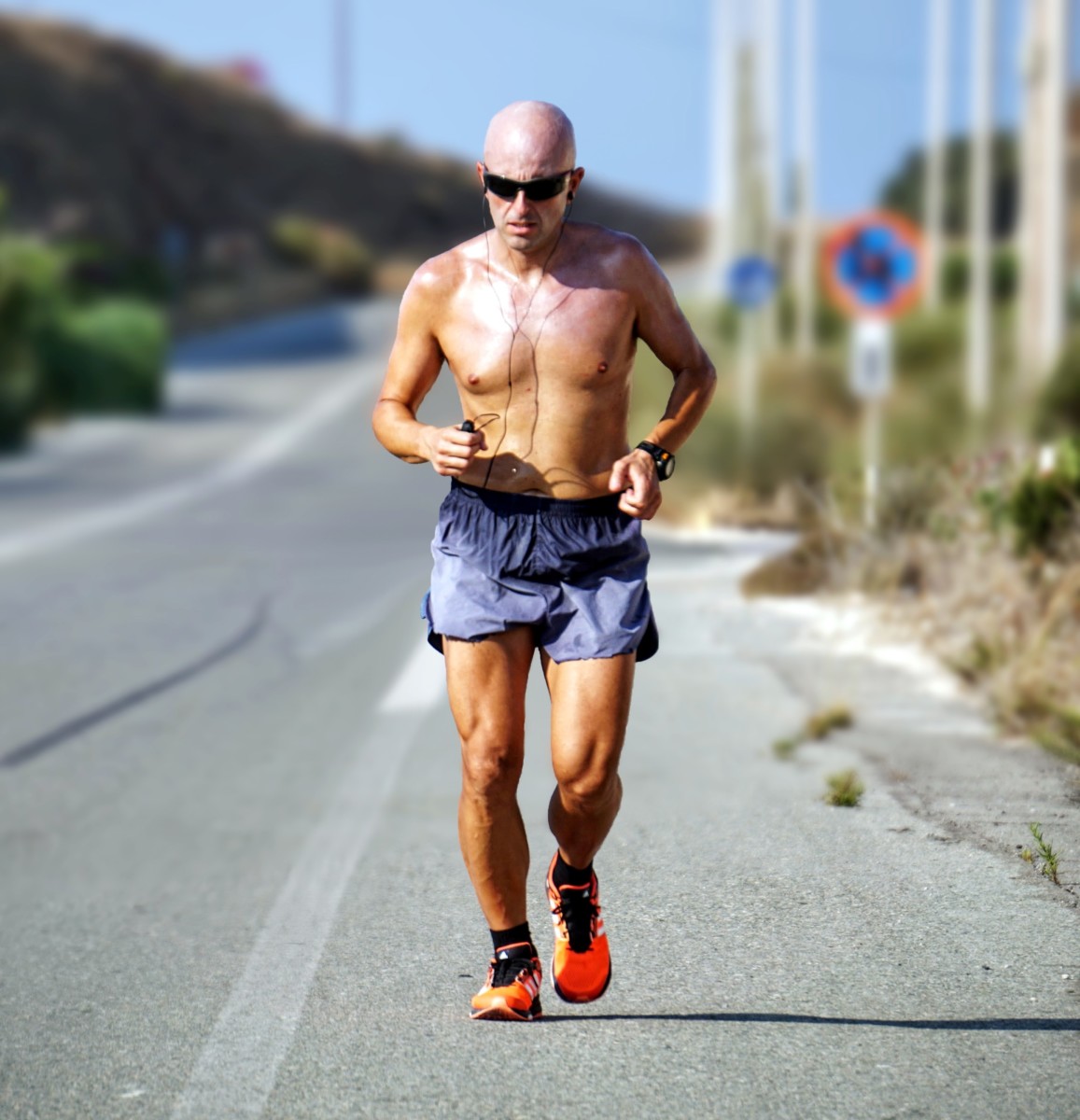Posted By:
 Steve Parcell
Steve ParcellCategory:
Athletic Performance
I have been practicing medicine, living, and doing endurance sports in Colorado since 2002. If you plan on visiting Colorado for athletic training, or anywhere at high altitude, there are some things you should know that will help you acclimatize to the altitude when training between 5,000 and 12,000 feet elevation. What Athletes Should Eat to Help with Altitude Acclimation When you are training at higher altitudes, your bone marrow will be going into overdrive making more red blood cells and hemoglobin to meet increased oxygen delivery demands. It is important that blood levels of B12, folic acid, and iron all be in the upper range of normal. You may notice that foods you used to eat during exercise do not work as well for your body at higher altitudes. Typical symptoms are stomach cramping, gastrointestinal distress, and a feeling that your stomach remains full for too long. Fat burning is diminished as available oxygen levels go down, and foods that contain too much protein or fat can be problematic. Carbohydrate is the preferred energy source at altitude. When first arriving at high altitude your body uses more blood sugar as a fuel source during rest and during exercise....






